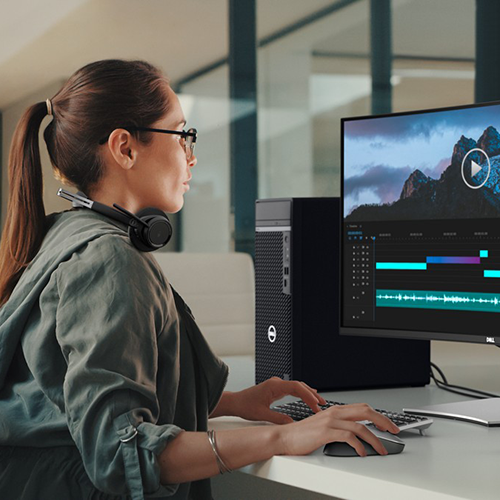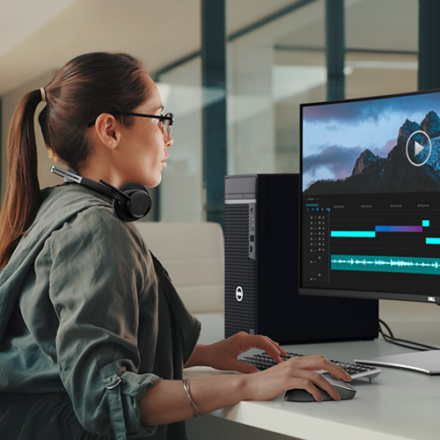The PC has always been a valuable tool for connecting and collaborating across all aspects of our lives, but its importance escalated drastically during 2020. However, we are now at another pivotal moment of change for the modern world with generative AI (GenAI) at the centre. Rises in automation, AI, and machine learning are revolutionising industries and disrupting traditional business models. Just as the PC brought unprecedented levels of productivity to businesses around the world 40 years ago, GenAI has the potential and is likely to do the same.
So, what implications does this new era hold for PC devices? With AI assistants already establishing themselves as indispensable workplace tools, what lies ahead for PCs as these ‘helpers’ become more prevalent and sophisticated?
The pace of change will be fast, and those who want to succeed must be adaptable, creative, and willing to embrace change
Looking at where we are today, many UK organisations that have progressed beyond the pilot stage of GenAI implementation are optimistic about its potential. This suggests that significant business transformation is already in motion today and is set to progress at pace.
While the prospects of integrating GenAI into IT infrastructure are exciting, there is also significant potential for PCs to enhance human productivity by evolving into more intelligent, self-aware, and user-aware devices. Fundamentally, PCs equipped with AI-powered software that automatically optimises app performance, conserves battery life, and suppresses background noise during conference calls will enable users to achieve significantly higher productivity levels.
Recent showcases of PCs integrated with GenAI technology have consistently highlighted how humans can now aggregate and generate information much faster than before. Harnessing the capabilities of an intelligent commercial PC empowers humans to prioritise ideas and creativity, thus redirecting the human focus towards creativity, problem-solving, and innovation.
As we urge the workforce to adjust to change and our devices to perform more efficiently accordingly, businesses must provide their employees with the appropriate tools and expertise to leverage these advancements effectively. There will be a growing demand for PCs equipped with language modelling, language processing, and machine learning capabilities, which will enhance user experiences. Nevertheless, re-skilling initiatives will also be needed to ensure that the workforce maximises their potential benefits.
The future of the PC in the workforce is rapidly changing. Gone are the days of simply typing away at a keyboard and mouse. Now, we’re entering an era where PCs will become true digital partners to human beings. This partnership will be more than just command-and-control interactions; it will be a targeted experience that drives human performance and productivity.
As we look ahead, the possibilities for collaboration and co-creation with our PCs are endless. We’ll be able to use voice commands, visual cues, and even gestures to interact with our devices; as our PCs become more intelligent, they’ll be able to interpret our moods, facial expressions, tone of voice, and even subtle changes in typing patterns. This kind of digital partnership has the potential to create a truly immersive experience that delivers results precisely when we need them.
But this new era of computing also presents challenges. The pace of change will be fast, and those who want to succeed must be adaptable, creative, and willing to embrace change. It’s an exhilarating opportunity, but it will require a new mindset and a willingness to learn new skills. As we move forward, we must remember that the key to success is not just technological innovation but also human ingenuity.

